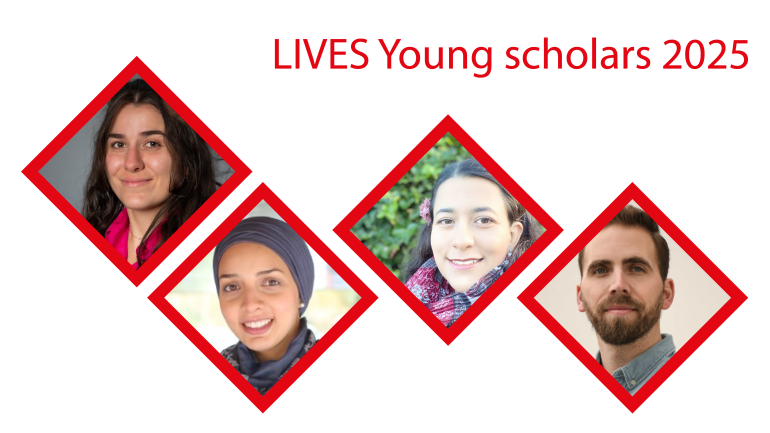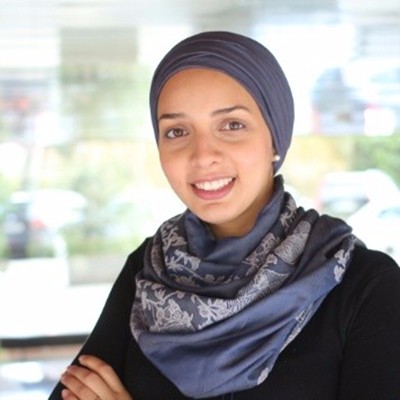
The Young Scholar grant of the LIVES Centre is a support for young researchers - doctoral or post-doctoral researchers - who plan to do innovative research on the life course. The funding can be used either to write a paper (for PhD students and post-docs) or to develop a new project (for post-docs). Among the applications, LIVES awarded a grant to 4 researchers from the University of Geneva for 2025.
What are the psychometric properties of resilience questionnaires? Resilience and vulnerability are highly related concepts, as they both pertain to stress and adversity. Vulnerability represents an increased risk of harm (Adger, 2006), whereas resilience refers to the capacity to bounce back and adapt (Sisto et al., 2019). As resilience has been widely studied, numerous questionnaires have been developed. Although a few review studies have assessed their psychometric properties, either they were limited to specific populations (e.g Cosco et al., 2016) or they were conducted over a decade ago (Windle et al., 2011). Thus, we aim to evaluate the methodological quality of resilience questionnaires available today by conducting a systematic review following PRISMA and PROSPERO guidelines. |  |
Shared narratives as tools for addressing social trauma and fostering resilience: A study of Palestinians in Egypt through lifelong learning This project aims to explore how shared narratives can support Palestinians living in Egypt in overcoming social trauma and fostering resilience. Grounded in sociocultural psychology, it seeks to examine storytelling as a tool for identity reconstruction and adaptation in the face of displacement. This study adopts a qualitative design, employing collective narrative practice as both a methodological and analytical framework. By engaging individuals in discussions and creative expression, the study intends to uncover how collective meaning-making can strengthen community bonds and participants. |  |
Cure or curse? Social identity dynamics, trust, and conspiracy mentality shaping COVID-19 health behaviors in Switzerland and Canada This project investigates how social identification moderates or mediates links between trust in political and medical institutions and COVID-19 health attitudes and behaviours in Switzerland and Canada. Using representative cross-sectional data from French-speaking Switzerland and a 12-wave Canadian longitudinal panel, we test whether strong group identification acts as a social “cure” fostering compliance and vaccination, or a “curse” amplifying conspiracy beliefs. Comparative analyses and age-focused sub-studies will generate evidence-based recommendations for public-health communication and psychosocial interventions amid dramatic social change. |  |
Examining the role of adolescent personality as early life course predictor – A systematic literature review and meta-analysis Personality traits have been linked to various outcomes in older adulthood. To examine the potential early role of personality traits in life course trajectories, we aim to systematically assess whether and how adolescent personality traits predict later-life outcomes. Through a systematic review and meta-analysis, we will evaluate existing evidence on links between early personality and later health, cognition, wellbeing, and more. Our goal is to clarify long-term pathways, identify mediating factors, and highlight research gaps. Ultimately, we aim to inform early intervention and prevention strategies by leveraging adolescent personality as scalable tool to promote healthy aging across the life course. |  |
The LIVES Centre offers several types of grants to support innovation in life course research. These funds are addressed to the members of the LIVES Centre as well as to the extended network of researchers studying the life course and vulnerability.

